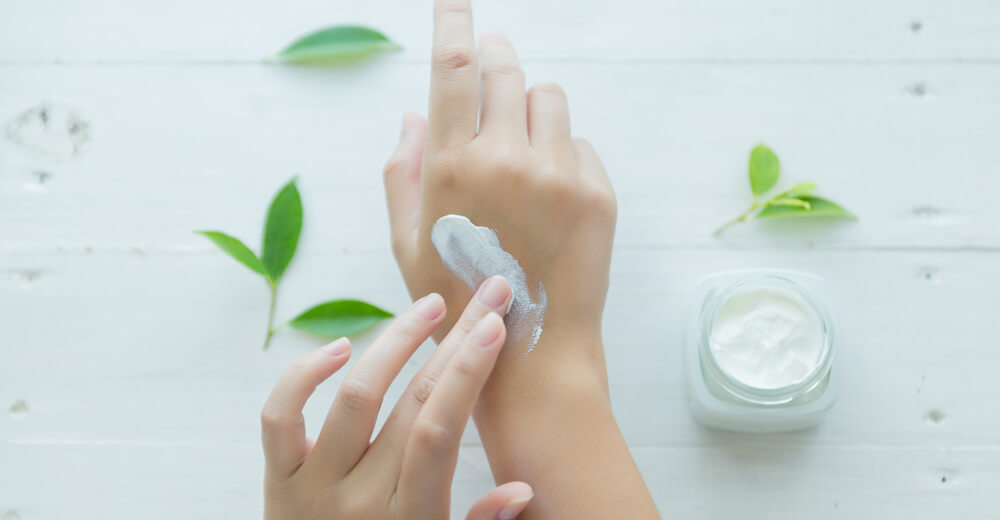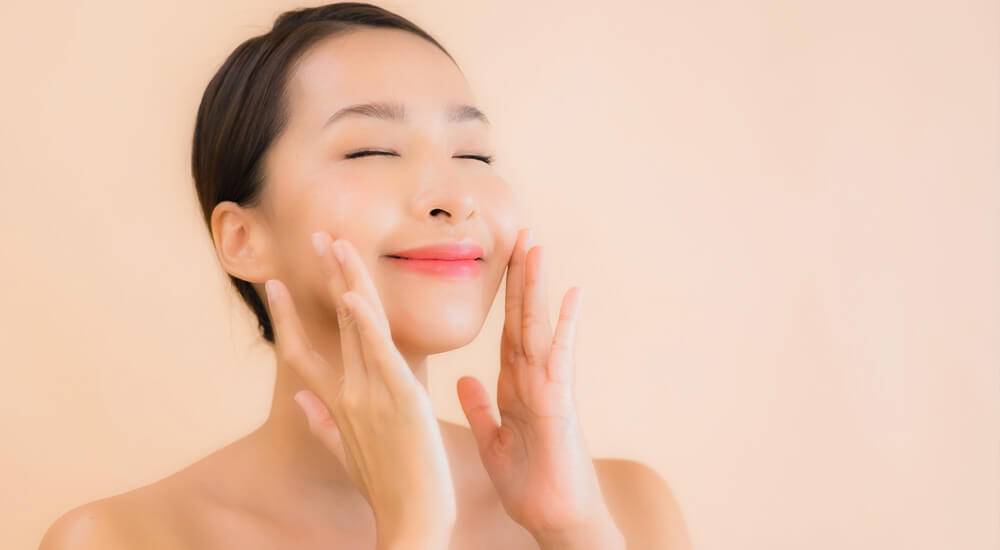You have probably heard the term ‘active ingredients’ or ‘activity’ in skincare, especially if you’ve been spending some time researching the best plan of action for your skin. But what do these buzz words mean?
If the phrase ‘active ingredients’ is something you’ve added to your skincare jargon but you’re not entirely sure what it means, take a read through this. Below is everything you need to know about actives in skincare.
What are active ingredients?
Actives are natural ingredients that have been scientifically tested and proven to change the structure of your skin at a cellular level. They are the necessary ingredients that work to repair, rejuvenate, hydrate and nourish cells.
Inactive ingredients are synthetic ingredients used to beef up the product. Emulsifiers are there to create texture in moisturizer, fancy fragrances are added to make your product smell yummy and (in most cases) water is thrown in to make the product stretch further. These inactive ingredients provide no natural benefit to your skin.
While inactive additives do a lot to make a product look, feel, and smell good, the value actually lies in the true and natural benefits to the skin. This is where activity comes in.
Why do we need actives in skincare products?
Actives are everything. They are what makes a skincare product effective. Those with more mature skin need these actives to achieve moisture-maintaining youthful looking skin. Oily, pimple-prone skin (typically teenagers) need actives to control blockages caused by excess sebum that can lead to acne. Anyone exposed to the dehydrating effects of sun exposure needs active ingredients to avoid developing sun-induced skin conditions that could lead to skin cancers and pigmentation.

Why we need actives in skincare products?
Activity percentage in skincare products
Check your product labels, friends. If your product says natural, it will have an ‘activity’ percentage written on the label. Most retail skincare products sit at approximately 2%. And if a moisturizer or cleansing product contains, say, 2% active ingredients, that means the other 98% is purely fluff with a delicious odor. Smelling great is wonderful, but purchasing a product made up 98% something that won’t help your skin definitely is not worth it.
Higher concentration of active ingredients in skincare
The deal is this, supple skin seekers. Active ingredients are far more effective and nourishing when they’re pure and concentrated. Remember that actives change the skin at a cellular level so the less synthetic ingredients that dilute or manipulate the actives in any way, the better for your skin and your wallet!
Listen closely: Natural doesn’t always mean active.

Beautiful skin with concentration of active ingredients in skincare
Vitamin C (L-Ascorbic Acid) is a good example. Vitamin C has great benefits: skin brightening, increased collagen production, antioxidant protection. However, this is an active that is very, very unstable once extracted. For this reason, synthetic stabilizers and activating agents are frequently added to transfer the natural activity into the product you pick up off the shelf.
What this means is that product labels are often intentionally misleading. Many products have little to no natural activity to speak of.
SkinCeuticals high potency formulas are concentrated in pure actives and proven to penetrate optimally into skin. Skin care products that utilize extraction technology to replicate a plant on a cellular level—rather than synthetic stabilizers—work on your skin just as they do in the plant.
The takeaway? Each of us will benefit from active skincare.
Seek products that avoid activating agents, stabilizers, emulsifiers and even water or fragrance. This helps to ensure there is minimal dilution of the true plant-power of your creams and cleansers.


